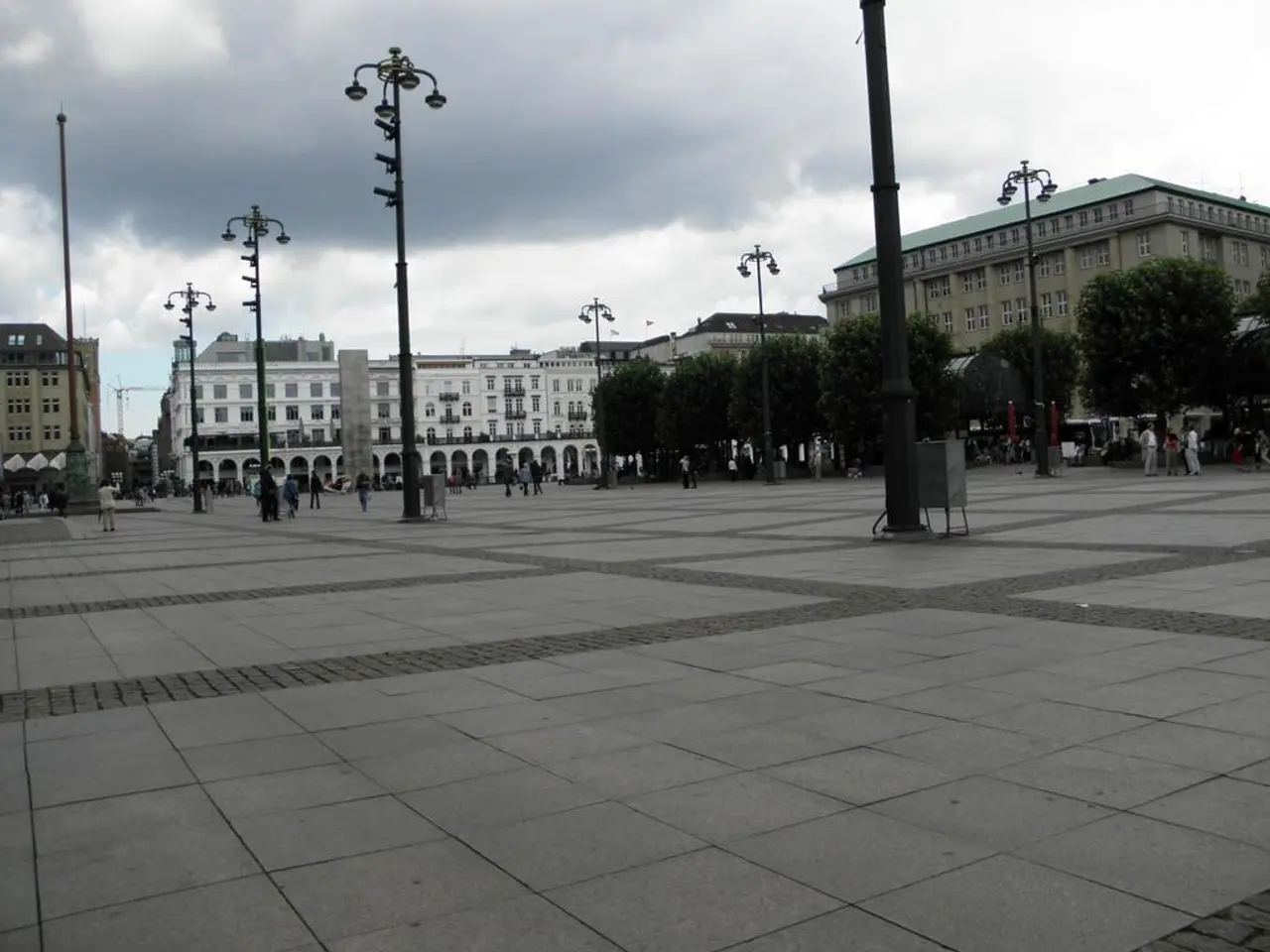Maintaining Controls at the Borders
In a recent announcement, Federal Interior Minister Alexander Dobrindt (CSU) has confirmed plans to extend Germany's border controls and increase deportations, particularly targeting rejected asylum seekers with criminal records, to Afghanistan and Syria. This decision is part of a broader government effort to tighten migration policies in response to ongoing concerns about irregular immigration.
The extended border checks, initially implemented by Dobrindt shortly after the inauguration of the black-red federal government, will remain in place until the EU external border protection system is fully operational. The exact duration of the extension has yet to be specified.
Germany has already strengthened its previously sporadic border controls at its external borders on May 8, 2021, and has seen the deportation of 81 Afghan criminals by charter plane in mid-July. This marks the second such flight since the takeover of power by the Islamic Taliban in August 2021.
The plans for further deportation flights to Afghanistan and Syria have sparked significant controversy and criticism. Human rights groups have expressed alarm about the precarious security situations in both countries, raising concerns about the safety of those being deported. Neighboring countries and EU partners have also criticized Germany's reintroduction of border controls, viewing it as a breach of the Schengen Agreement principles of open borders within Europe, which has caused diplomatic tensions, notably with Poland.
The refusal to admit most asylum seekers at the border has also raised concerns about Germany violating its own asylum regulations and international human rights obligations. Chancellor Friedrich Merz supports these measures as a way to reduce support for the far-right Alternative for Germany (AfD) party.
It is important to note that these decisions are in line with the coalition agreement between the Union and SPD, which includes deportations to both Afghanistan and Syria. Dobrindt reaffirmed that both the controls and repatriations will continue beyond September.
The deportations are intended for individuals who are criminals and cannot or should not stay in Germany. The government's stance is that these measures are necessary to maintain public safety and security. However, the controversy surrounding these decisions highlights the complexities and challenges of immigration policy in the contemporary world.
[1] BBC News [2] Deutsche Welle [3] The Local [4] Politico [5] Reuters
- The ongoing debate about migration policies in Germany, as exemplified by the decision to extend border controls and increase deportations, is a key topic in general news and political discourse, falling under policy-and-legislation and politics.
- The controversial moves by the German government to deport criminals with rejected asylum status to Afghanistan and Syria, amidst human rights concerns and criticisms from EU partners, have sparked significant general news coverage, making it a matter of ongoing interest.








